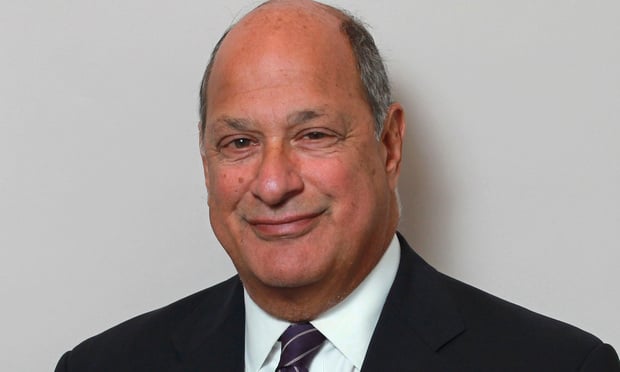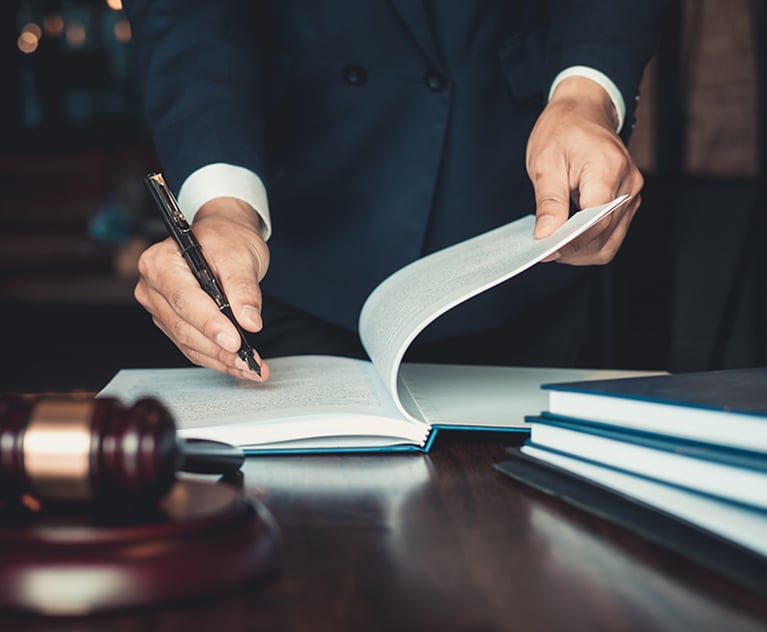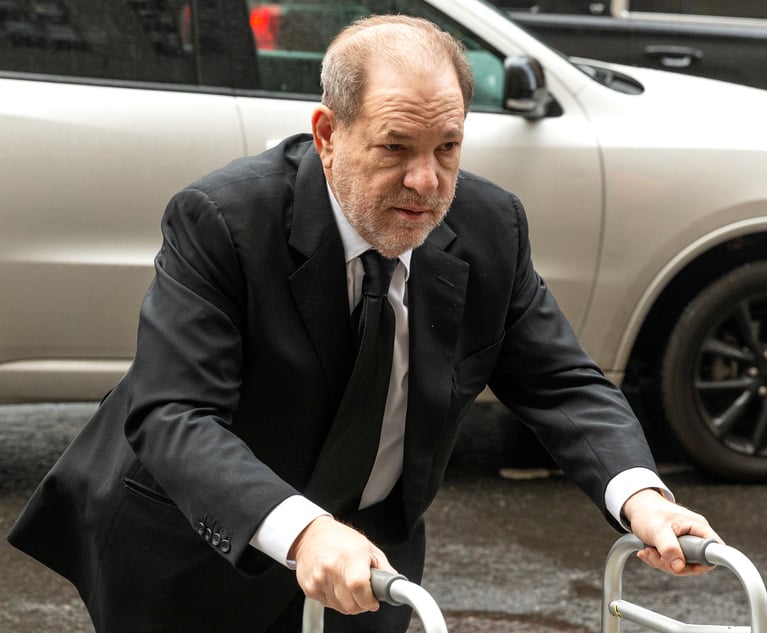Years ago, I attended a court-ordered proceeding with an extremely avuncular state trial justice, since deceased, before whom I was prosecuting a corrupt judge. (One could say) I whined about the invective my adversary, a distinguished lawyer who primarily litigated in the civil arena, used to describe the prosecutorial conduct engaged in by myself and my colleagues that led to the indictment. The bemused judge asked whether I had ever seen (the now late) Roy Cohn’s typical motion papers in a divorce case in which he blithely swore to accounts given by his client. No, I hadn’t. Intending to pacify me, he explained: “You’ll come to learn, young man, that most criminal practitioners on both sides of the aisle are far more cautious than their civil counterparts, particularly in how easily they form, and articulate, conclusions about their opponents or their clients.” Maybe so (although I expect to receive some emails about this from the civil bar.)
Let’s assume that the judge was right—that we, criminal litigators on both sides, are more circumspect about what we’re willing to say in court or even think. Or even conclude. Would it also be true, then, that we are more cautious about the negative things we’re willing to “accept” about the individual we are investigating, or the exculpatory contentions we hear from our client or witnesses whom our client might present to us (“I swear on my mother’s eyes”)? Put differently: we might be predisposed as a prosecutor about the guilt of the target or, alternatively, as a defense lawyer about our client’s innocence.


 Joel Cohen
Joel Cohen




